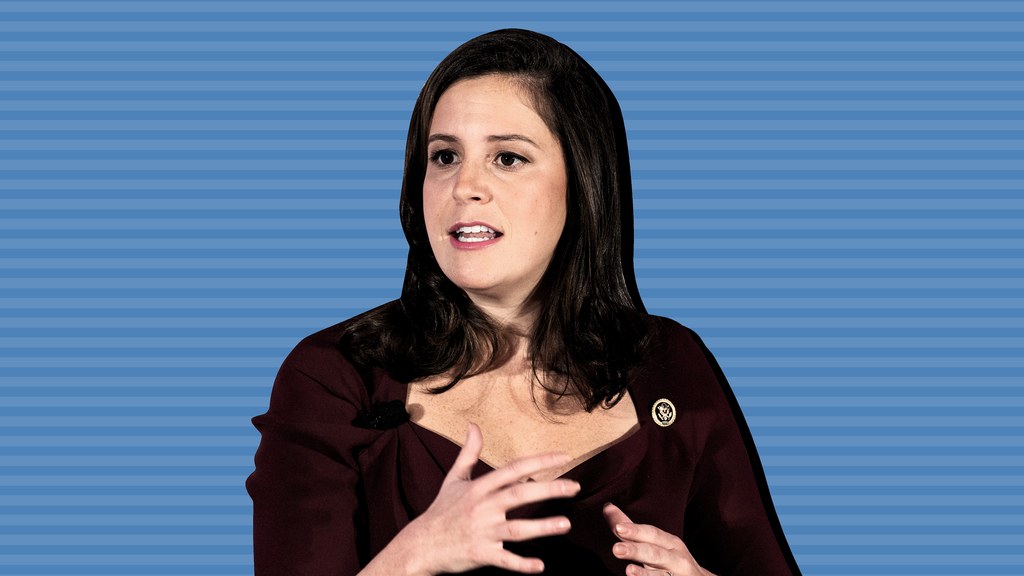Rep. Elise Stefanik Launches PAC to Elect More Republican Women to the House of Representatives

What points resonate as you’re making the case for this investment—is it about pure representation, as in, the Republican Party should look like the country? Is it about the fact that suburban women’s support for Trump seems to be dwindling and an emphasis on women could shore up some of that support? How is the conversation playing out?
I think the framing for these men is, “We think Elise is right. We need to focus more on this as a party and we want to support this initiative.” Men in leadership understand the importance of diversity in the party, the importance of winning young voters, winning diverse voters, winning suburban voters. I think they’ve listened. They understand this needs to be a priority.
When Sen. Susan Collins was thinking of running for governor in Maine, then-Sen. Heidi Heitkamp sent a text to her that said, in short, “Please don’t.” Heitkamp wanted a woman on the other side of the aisle to be her partner on some of the issues that they were working on. Have Democratic women reached out and said, “Great job. We would love to have more Republican women to work with us on some of these issues, whether that’s health care or child care or education”?
Yes. I have heard from women across the aisle, and I’ve heard from them publicly. I appreciate it. Cheri Bustos [of Illinois] who is head of the DCCC, which is the campaign arm for the Democratic Party, has said that she believes it is important for there to be more women in Congress and that means more women in both parties. I have felt very encouraged by my colleagues on my side of the aisle, but also women on the Democratic side, and I think that speaks to the broader point of why having women in elected office is so important. We tend to be more bipartisan. We tend to be legislative workhorses who want to get our work done, not run to our separate corners.
Four Democratic women senators are now in the race for president, and these are women who are considered frontrunners, which is a milestone just in terms of representation alone. Do you ever feel lonely as a conservative woman in a time when your ranks are so diminished?
I do not. I think about [former U.N. Ambassador] Nikki Haley and Sen. Martha McSally [of Arizona]. Sen. Susan Collins is on the ballot in the Senate. We have amazing women. Our stories tend not to get told in the media as much as Democratic female candidates. And that’s something I also want to change, but I feel very much at home with my female colleagues on the Republican side. I just want to increase those numbers. I think overall it’s good to have as many female role models as possible, regardless of what your political ideology is.
From the 2016 election until now, have there been flash points, especially around gender and sexism, that have made you question your place in the party?
I have a very independent record from President Trump. I have spoken out against his rhetoric regarding women, and I have disagreed on some of his policy decisions. I think that’s one of the reasons why I was overwhelmingly re-elected this past cycle, which was a really tough cycle in the northeast for Republicans.
As I’ve said, the issue the Republican Party has had with women voters predates President Trump. I think it’s been magnified with this administration and I do think some of the rhetoric has had an impact. We saw that at the polls in 2018. But I am a Republican and I’m hoping to help define the Republican Party as we head towards the future. But I worked on the Romney-Ryan campaign in 2012, and we lost single professional women ages 18 to 30 by over 30 points. That is a problem, and it’s going to continue after this administration. We have to rebuild our coalition.
